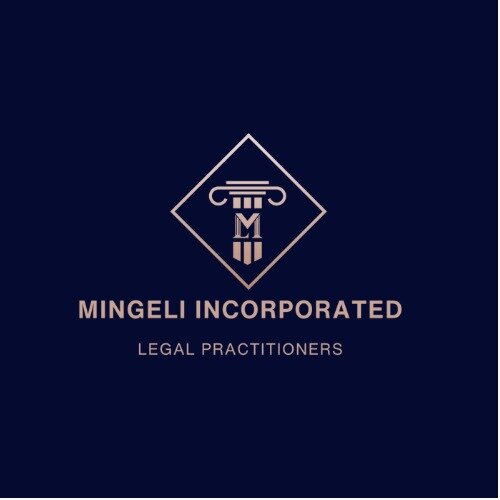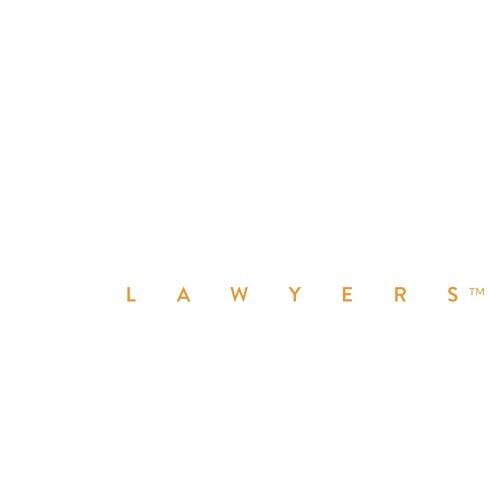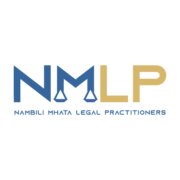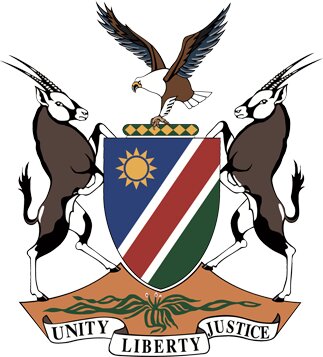Best Domestic Violence Lawyers in Namibia
Share your needs with us, get contacted by law firms.
Free. Takes 2 min.
Free Guide to Hiring a Family Lawyer
Or refine your search by selecting a city:
List of the best lawyers in Namibia
About Domestic Violence Law in Namibia
Domestic violence in Namibia is recognized as a serious violation of human rights and is addressed under the Combating of Domestic Violence Act of 2003. This legislation defines domestic violence broadly, encompassing physical, sexual, emotional, verbal, and economic abuse. The act aims to protect individuals in domestic relationships, which include spouses, partners, and family members. It provides mechanisms for survivors to seek protection orders against abusers, ensuring their safety and well-being.
Why You May Need a Lawyer
Seeking legal advice in cases of domestic violence may be crucial for several reasons. Legal professionals can assist in the following situations:
- Filing for a protection order: Lawyers can help you understand the process and ensure that you complete all necessary documentation.
- Representation in court: If your case goes to court, legal representation can help you navigate the legal system and present your case effectively.
- Understanding your rights: A lawyer can explain your legal rights and the options available, empowering you to make informed decisions.
- Ensuring compliance with legal procedures: Legal advice can help ensure that all actions taken within the legal framework are compliant and strategically sound.
Local Laws Overview
Here are some key aspects of local laws related to domestic violence in Namibia:
- Protection Orders: Victims can apply for protection orders, which legally restrain the abuser from engaging in further abuse.
- Broad Definition: Domestic violence is broadly defined to include not just physical harm, but also emotional, financial, and sexual abuse.
- Police Roles: The Namibian police are empowered to assist victims in obtaining protection orders and can arrest individuals who breach these orders.
- Mandatory Reporting: Certain professionals are mandated to report suspected cases of domestic violence to authorities.
Frequently Asked Questions
How can I obtain a protection order?
You can apply for a protection order at the Magistrate’s Court closest to where you live. Assistance from a legal professional can improve the likelihood of success in obtaining the order.
What types of relationships are covered under the domestic violence law?
The law covers a wide range of domestic relationships, including married partners, those cohabiting, and relatives living together.
Is domestic violence limited to physical abuse?
No, domestic violence in Namibia includes physical, emotional, psychological, economic, and sexual abuse.
What should I do if I am a victim of domestic violence?
If you are in immediate danger, contact local law enforcement. For legal advice, consider consulting a lawyer and apply for a protection order.
Are there shelters available for victims of domestic violence?
Yes, there are shelters available in Namibia that provide a temporary safe space for victims seeking refuge from an abusive environment.
Can I get legal aid for domestic violence cases?
Legal aid may be available for individuals unable to afford a lawyer. Contact the Legal Aid Directorate for more information.
What role do the police play in domestic violence cases?
The police are crucial in enforcing protection orders, responding to domestic violence incidents, and assisting victims in obtaining necessary legal protections.
Can a protection order be changed or revoked?
Yes, a protection order can be modified or revoked by applying to the court if circumstances change.
Will I have to face my abuser in court?
In some cases, a court appearance may be necessary, but your lawyer can help prepare you and ensure your safety during the proceedings.
How long does a protection order last?
A temporary protection order can be issued until a court hearing, where a final order may be granted for a specified time, subject to renewal.
Additional Resources
If you are dealing with domestic violence, consider reaching out to the following organizations and services for support and assistance:
- Ministry of Gender Equality and Child Welfare: Provides support and resources for domestic violence victims.
- Namibian Police Force (NAMPOL): For emergency assistance and to report domestic violence incidents.
- Legal Assistance Centre (LAC): Offers legal advice and assistance related to domestic violence.
- Local Shelters: Contact community organizations for information on shelters and support services available in your area.
Next Steps
If you need legal assistance due to domestic violence:
- Contact a local legal expert or organization that specializes in domestic violence cases to arrange a consultation.
- Gather all relevant documentation, including any evidence of abuse, to discuss with your legal advisor.
- Consider applying for a protection order to ensure your immediate safety and seek a safe place if necessary.
- Stay informed about your legal rights and the resources available to you through community or governmental organizations.
- Take action by initiating any necessary legal procedures with the guidance of a professional to protect yourself and your family.
Lawzana helps you find the best lawyers and law firms in Namibia through a curated and pre-screened list of qualified legal professionals. Our platform offers rankings and detailed profiles of attorneys and law firms, allowing you to compare based on practice areas, including Domestic Violence, experience, and client feedback.
Each profile includes a description of the firm's areas of practice, client reviews, team members and partners, year of establishment, spoken languages, office locations, contact information, social media presence, and any published articles or resources. Most firms on our platform speak English and are experienced in both local and international legal matters.
Get a quote from top-rated law firms in Namibia — quickly, securely, and without unnecessary hassle.
Disclaimer:
The information provided on this page is for general informational purposes only and does not constitute legal advice. While we strive to ensure the accuracy and relevance of the content, legal information may change over time, and interpretations of the law can vary. You should always consult with a qualified legal professional for advice specific to your situation.
We disclaim all liability for actions taken or not taken based on the content of this page. If you believe any information is incorrect or outdated, please contact us, and we will review and update it where appropriate.
Browse domestic violence law firms by city in Namibia
Refine your search by selecting a city.
















